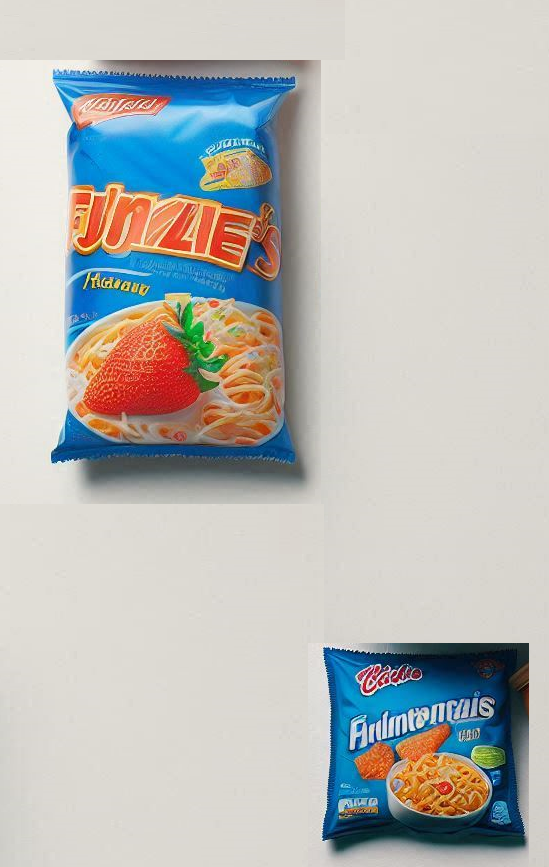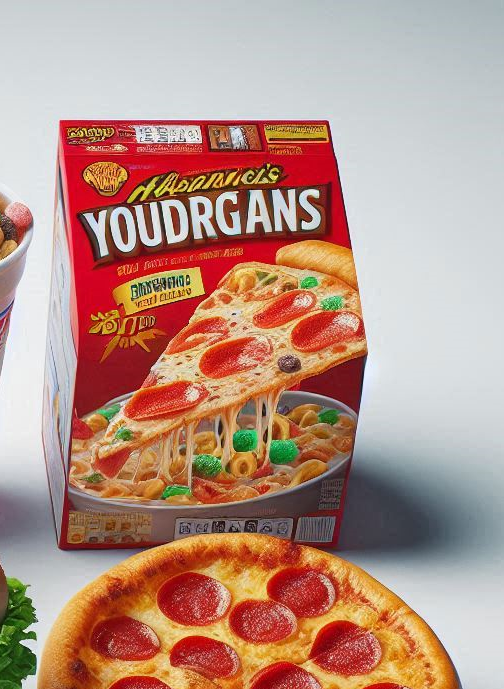In today’s fast-paced world, many people turn to convenient and tasty meals without fully considering their nutritional value. While these meals might satisfy hunger and cravings, they often fall short in providing the essential nutrients our bodies need to function optimally. Consuming meals that do not meet at least 35% of the recommended daily intake of vital nutrients can lead to deficiencies, impacting overall health and well-being. While there are tons of these types of foods acrross different cultures, in this post we will look at four of the most popular meals that many people enjoy but that often lack the necessary nutrients to support a balanced diet.
1. Fast Food Burgers and Fries

Fast food is a staple for many people due to its convenience and satisfying taste. However, a typical fast food meal consisting of a burger and fries is notoriously low in essential nutrients, despite being high in calories, fats, and sodium.
Nutritional Shortfalls:
- Low in Vitamins and Minerals: A standard fast food burger and fries meal often provides little to no vitamins A, C, D, E, or essential minerals like magnesium and potassium. The processed nature of these foods strips away many of the beneficial nutrients found in whole foods.
- Lack of Fiber: These meals are typically low in dietary fiber, which is crucial for digestive health and can help regulate blood sugar levels. Without sufficient fiber, you may feel hungry again shortly after eating, leading to overeating.
- Inadequate Protein Quality: While burgers contain protein, it is often paired with unhealthy fats, and the overall quality may be lower compared to lean meats or plant-based proteins that offer additional nutrients.
Health Implications:
Regularly consuming fast food meals can contribute to nutrient deficiencies, weight gain, and increased risk of chronic diseases like heart disease and diabetes due to the high levels of unhealthy fats and sodium.
2. Instant Noodles

Instant noodles are a popular go-to meal for those seeking a quick and cheap option. However, they are far from nutritionally complete and can leave you lacking in several essential nutrients.
Nutritional Shortfalls:
- Low in Protein: Instant noodles typically contain very little protein, which is necessary for muscle repair, immune function, and overall energy.
- High in Sodium, Low in Nutrients: While instant noodles are loaded with sodium, they offer little in terms of vitamins, minerals, and fiber. The high sodium content can lead to elevated blood pressure and increased risk of heart disease.
- Poor Source of Essential Fats: Instant noodles lack healthy fats like omega-3 and omega-6 fatty acids, which are important for brain health and reducing inflammation.
Health Implications:
A diet high in instant noodles can lead to poor nutrition, with deficiencies in essential nutrients like iron, calcium, and vitamins, particularly if they are consumed as a staple food rather than occasionally.
3. Sugary Breakfast Cereals

Many breakfast cereals marketed towards both children and adults are high in sugar but low in essential nutrients. These cereals often claim to be fortified with vitamins and minerals, but the actual nutritional content may still be lacking.
Nutritional Shortfalls:
- High in Sugars, Low in Fiber: Sugary cereals can cause a spike in blood sugar levels, leading to energy crashes and increased hunger shortly after eating. They often contain minimal fiber, which is important for digestion and feeling full.
- Lack of Protein and Healthy Fats: Most sugary cereals offer very little protein and healthy fats, making them an insufficient meal on their own. Pairing them with milk can add some protein, but it still may not meet 35% of daily nutrient needs.
- Fortified Nutrients May Not Be Enough: Although many cereals are fortified with vitamins and minerals, the quality and absorption of these nutrients may not be as effective as those obtained from whole foods.
Health Implications:
Starting the day with a nutritionally deficient meal like sugary cereal can set the tone for poor eating habits throughout the day, potentially leading to nutrient deficiencies and weight gain.
4. Frozen Pizza

Frozen pizza is a convenient meal option, but it often falls short in providing the necessary nutrients for a balanced diet. While it may be satisfying and filling, it is typically high in unhealthy fats and sodium while lacking essential nutrients.
Nutritional Shortfalls:
- High in Saturated Fats and Sodium: Frozen pizza often contains large amounts of saturated fats and sodium, which can contribute to heart disease and high blood pressure if consumed regularly.
- Low in Vitamins and Minerals: The processed ingredients used in frozen pizza, such as refined flour and preserved meats, lack vital nutrients like vitamin C, vitamin K, magnesium, and potassium.
- Inadequate Protein and Fiber: While frozen pizza may contain some protein from cheese and meat, it often lacks sufficient fiber, especially if the crust is made from refined flour.
Health Implications:
Relying on frozen pizza as a regular meal can lead to nutritional imbalances, weight gain, and an increased risk of chronic health conditions due to its high calorie and low nutrient profile.
So when next you are enjoying any of these meals remember while you appear to be eating, in technicality you are not eating. To maintain a balanced diet, it’s important to focus on whole foods that provide a rich source of vitamins, minerals, protein, fiber, and healthy fats.








